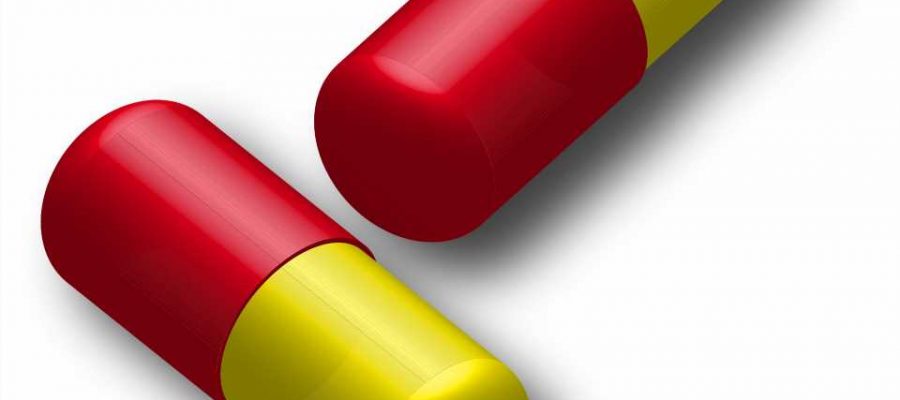
One in 10 new drugs were cleared by federal drug regulators in recent years based on studies that didn’t achieve their main goals, a new study shows.
The study by Harvard and Yale researchers found that of 210 new therapies approved by the Food and Drug Administration from 2018 through 2021, 21 drugs were based on studies that had one or more goals, or end points, that weren’t achieved. Those 21 drugs were approved to treat cancer, Alzheimer’s and other diseases.
Researchers said the findings raise questions about whether the federal agency’s drug approvals lack transparency about the some products’ safety and effectiveness.
Dr. Reshma Ramachandran, an assistant professor at Yale School of Medicine who co-authored the study, said doctors, patients and health insurers depend on the FDA to rigorously vet new drugs.
The federal agency needs to reassure the public “the rubber stamp that they gave—considered the gold standard around the world—really means the drug has been proven to have safety and efficacy that outweighs any risks,” she said.
What types of drugs did not meet study goals?
The researchers reviewed FDA documents to evaluate whether the clinical trials met their main “end points,” or goals that measure whether a drug works.
Of the 21 drugs that did not meet goals:
- Four targeted different types of cancer
- Three targeted influenza and other infectious diseases
- Three were psychiatric drugs, including for schizophrenia and ADHD
- Others targeted blood cancers and Alzheimer’s, and lung, digestive and genetic diseases
Why did researchers do the study?
The FDA’s controversial approval of the Alzheimer’s drug aducanumab prompted researchers to find how often the agency approved drugs despite clinical trials with failed or mixed results.
In 2021, Biogen’s aducanumab gained approval despite two clinical trials that were ended early and yielded mixed results. The approval became the target of a congressional investigation that concluded the FDA sidestepped outside experts who said trials failed to prove clinical benefit of the drug.
Biogen initially charged $56,000 per year for the drug but slashed the price in half amid criticism the drug was too expensive. The Centers for Medicare and Medicaid Services refused to pay for the drug outside clinical trial.
Transparency needed
Of the 21 drugs identified by researchers, 13 received expedited review by the federal agency.
Ramachandran said doctors and patients who don’t have time to comb through the underlying medical studies often don’t know about missed clinical goals. She added drug company-issued press releases announcing new, often costly drugs tend to highlight positive data without a balanced analysis of full results.
“That sort of communication is really necessary to know how certain we are whether this is safe and effective—especially for brand name drugs that are very costly for patients,” Ramachandran said.
(c)2023 USA Today
Distributed by Tribune Content Agency, LLC.
Source: Read Full Article
